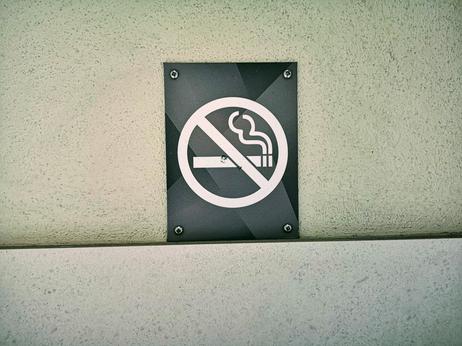Students no longer need to attend a four-year university to obtain a bachelor's degree. More community colleges nationwide have "graduated" from issuing associate's to bachelor's degrees. Community college courses cost a mere fraction of public or private university options - which means that students who earn bachelor's degrees at their community college can save tens of thousands of dollars while pursuing their educational goals.
Unfortunately, not everyone in academia supports community colleges issuing bachelor's degrees. Critics are concerned that universities will experience a drop in student enrollment, which will ultimately lead to a loss of revenues. The debate is becoming increasingly heated, with educational leaders and community members divided on allowing community colleges to issue bachelor's degrees.
The Growing Fight for Four-Year Degrees
Community colleges in a dozen states nationwide have already gained the right to issue bachelor's degrees, and more campuses are looking for the same privileges.
For example, as News Day reveals, Michigan is fighting loudly against state restrictions that prevent community colleges from offering 4-year degrees. As Michigan's state representative John Walsh asserts, community colleges could offer improved job training opportunities for the future of Michigan's auto workers if local campuses could issue 4-year degrees. Subsequently, Walsh introduced a new bill that would permit community colleges to offer 4-year degrees in nursing, cement technology, and culinary arts. If the bill is approved, the large number of unemployed workers in the state could have opportunities to





















